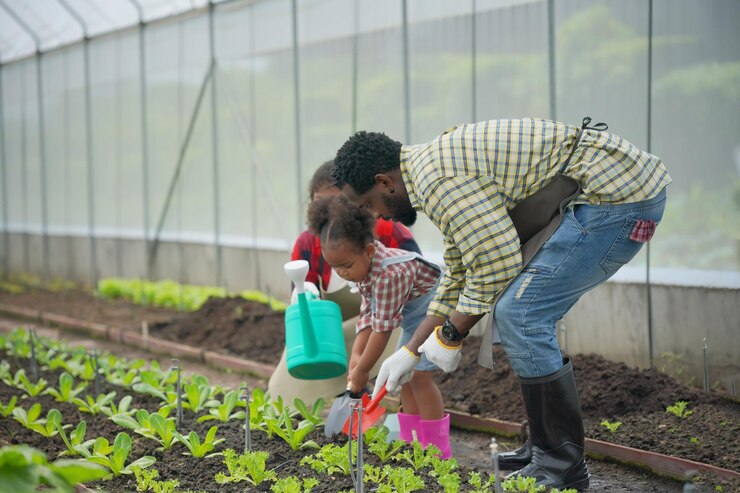Integrating agriculture into the school curricula is a very important thing towards meeting future food security and environmental development challenges. Appropriate farming education passes on values of sustainable agriculture, the whole production process for food, and proficiency toward addressing global trends in agriculture.
Why Farming Education Matters
Food Security Awareness: Knowing the origin of food helps students appreciate the effort put into food production and the need to adopt sustainable practices that would ensure long-term food security.
Environmental Stewardship: With promoted farming education, a sense of responsibility will be developed toward the environment. Students will learn about soil health, water conservation, and biodiversity. It will foster a generation that gives importance to ecological sustainability.
Practical Skills: Farming is taught with practical examples. Students get to develop practical farming skills like planting, harvesting, and managing farms—experiences which prove useful in all spheres of life and career.
Recent Developments
School Gardens: Many schools have taken up school gardens where the students are directly involved with the cultivation of the vegetables and fruits. This imbibes the learning experience with life, bringing the student directly in association with their food.
Agricultural Science Programs: Many high schools and colleges are expanding their agricultural science courses. Other programs, like FFA (Future Farmers of America), involve students in investigating agriculture careers and developing leadership skills.
Online Resources: AgriScience and Journey 2050 are two online resources that have components of interactive lesson materials oriented to teaching students about sustainable farming practices and international food systems.
Benefits
Deepened knowledge of food systems and agriculture
Critical thinking and problem-solving
Healthy eating habits, nutrition awareness; careers in agriculture, environment, and allied issues; with the integration of school gardening into the school curriculum, we set our students to be informed consumers, responsible citizens, and innovative leaders in agriculture.

